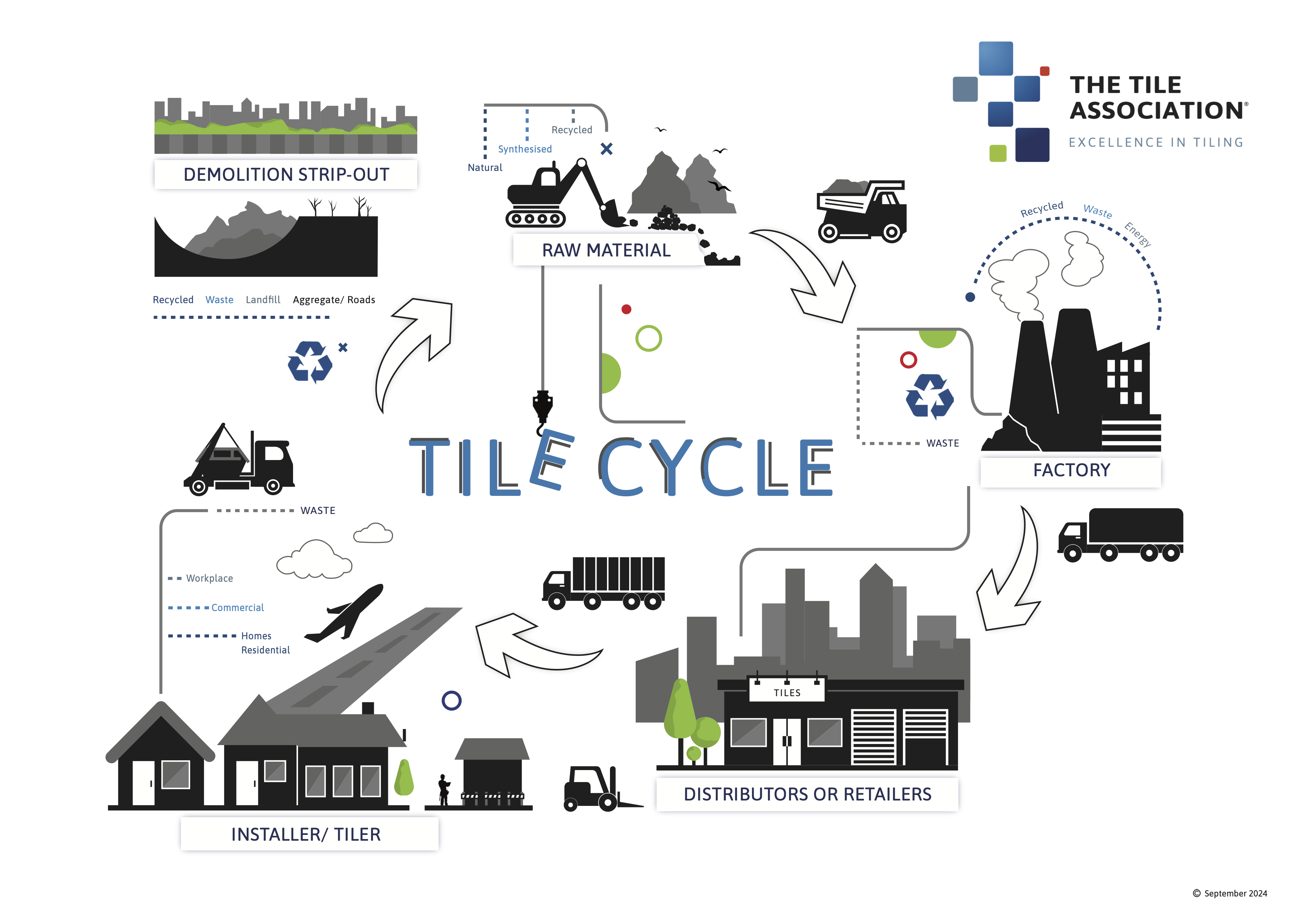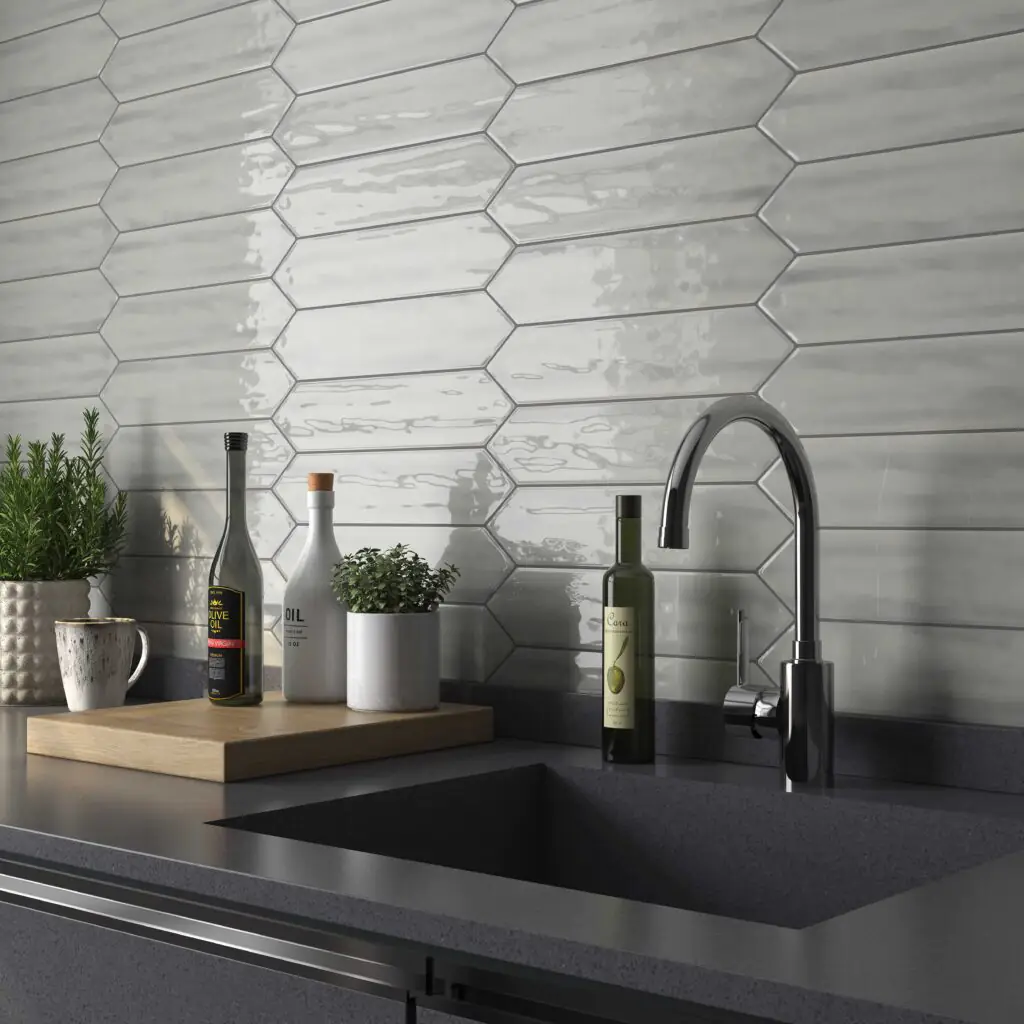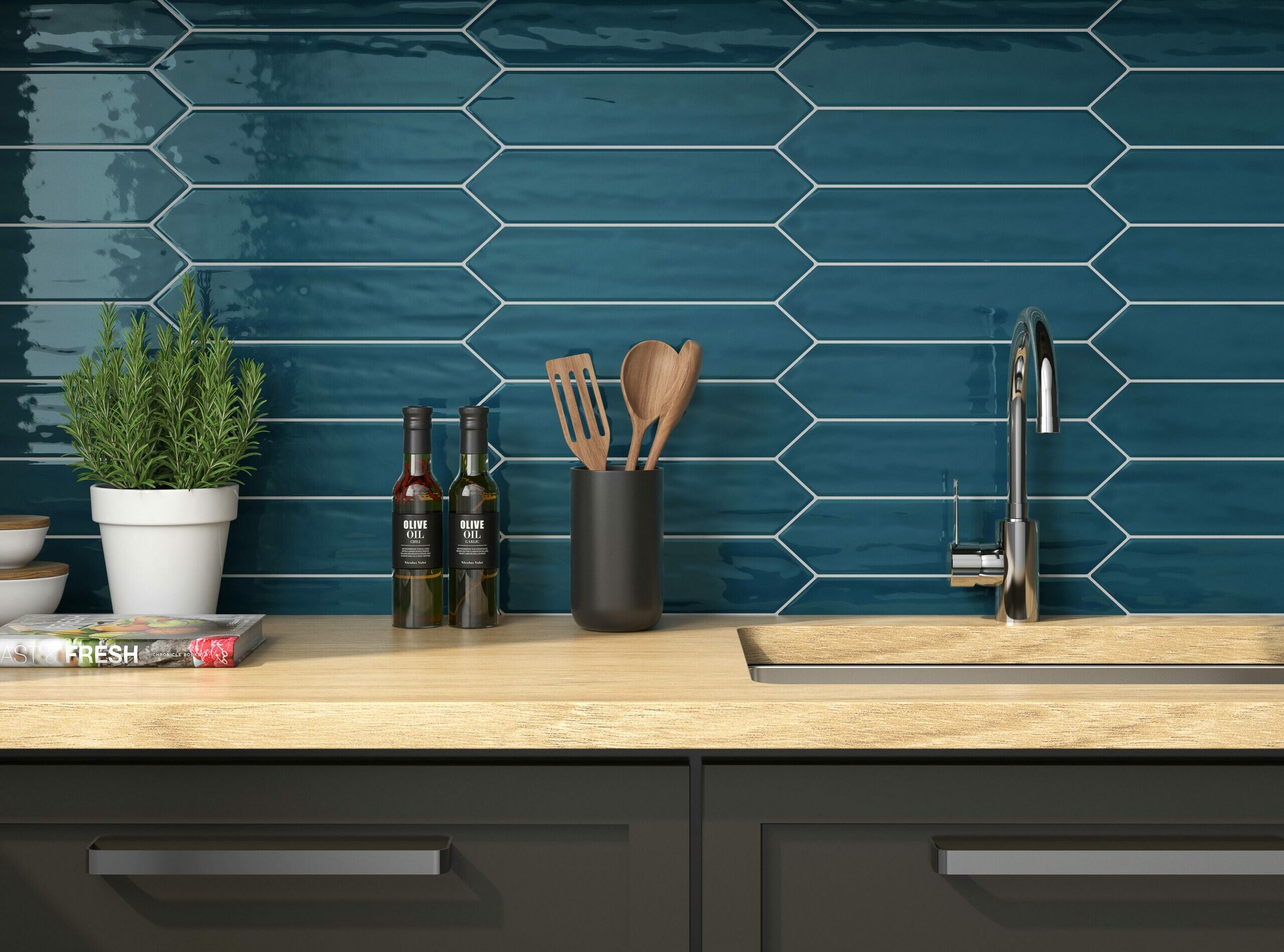Ceramic tiles - the sustainable choice
The Tile Association's vision is to create a more sustainable future in the tiling industry.
TTA takes a leading role in achieving sustainability in the tiling sector, helping our members and the wider industry play its part in achieving Net Zero by 2050.
BS ISO 178891
See the relevant British Standards for the sustainability of ceramic tiles and installation materials
View the tiling standardsTake a lead on sustainability
See how TTA members are committing to sustainability and take action!
Find out moreGet involved!
Share information or news, join the Sustainability Working Group or ask for more information
Contact us


